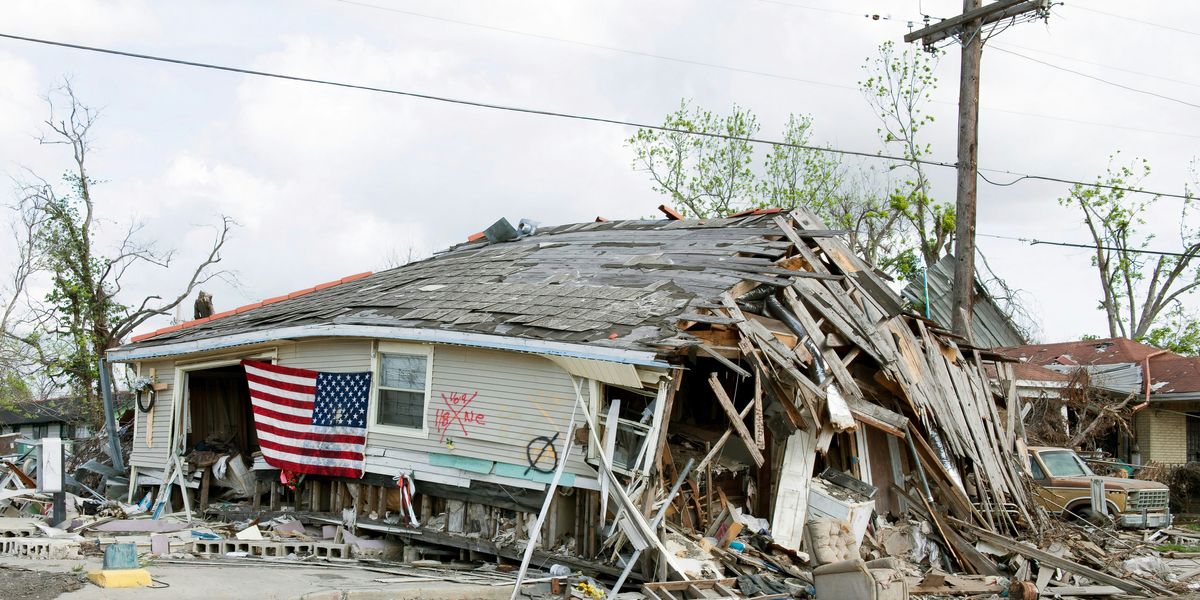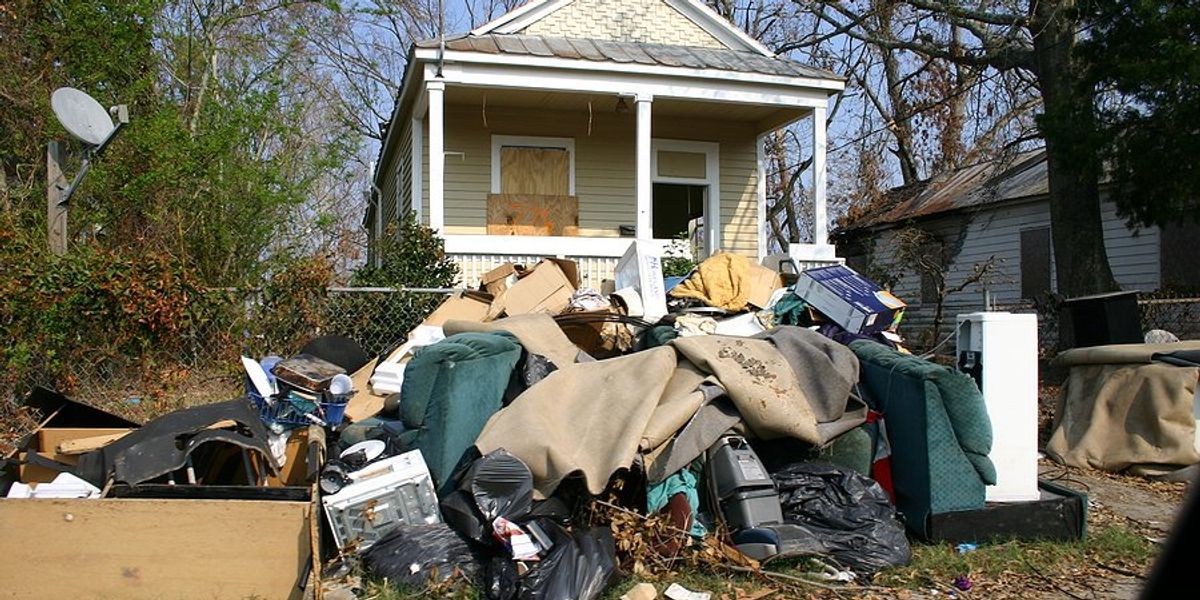
Tulane faces backlash for silencing researcher exposing pollution and racial bias
A Tulane University scientist has resigned, alleging she was muzzled for exposing how Louisiana’s petrochemical industry harms Black communities through pollution and discriminatory hiring.
Jack Brook reports for the Associated Press.
In short:
- Dr. Kimberly Terrell resigned from Tulane’s Environmental Law Clinic, claiming the university censored her advocacy and barred her from discussing her studies linking toxic pollution to racial health disparities.
- Internal emails show university officials feared her work would jeopardize political and donor support for a high-profile redevelopment project tied to New Orleans’ historic Charity Hospital.
- Terrell’s research revealed higher cancer rates, premature births, and unequal employment in Black communities near petrochemical facilities, sparking pushback from elected officials and donors.
Key quote:
“I cannot remain silent as this university sacrifices academic integrity for political appeasement and pet projects. Our work is too important, and the stakes are too high, to sit back and watch special interests replace scholarship with censorship.”
— Kimberly Terrell, former director of community engagement, Tulane Environmental Law Clinic
Why this matters:
Here's a story that cuts right to the bone of environmental justice in the South, where petrochemical plants line the Mississippi River with polluting smoke stacks and nearby communities have long been treated as sacrifice zones. It's another blow to environmental justice and academic freedom in the face of corporate and political influence.
Read more:
- “Cancer Alley” residents exposed to more than the lifetime exposure limit for cancer-causing compound: Report
- Op-ed: “I’m sorry, I can’t hear you” — disabling environments in Cancer Alley and the Ohio River Valley
- Community activists plead to be heard through “closed doors” outside nation’s top energy conference
- Lives “devastated’ by petrochemical industry pollution in Texas: Report
- Op-ed: Why is the chemical industry pitting public health against economic growth?













